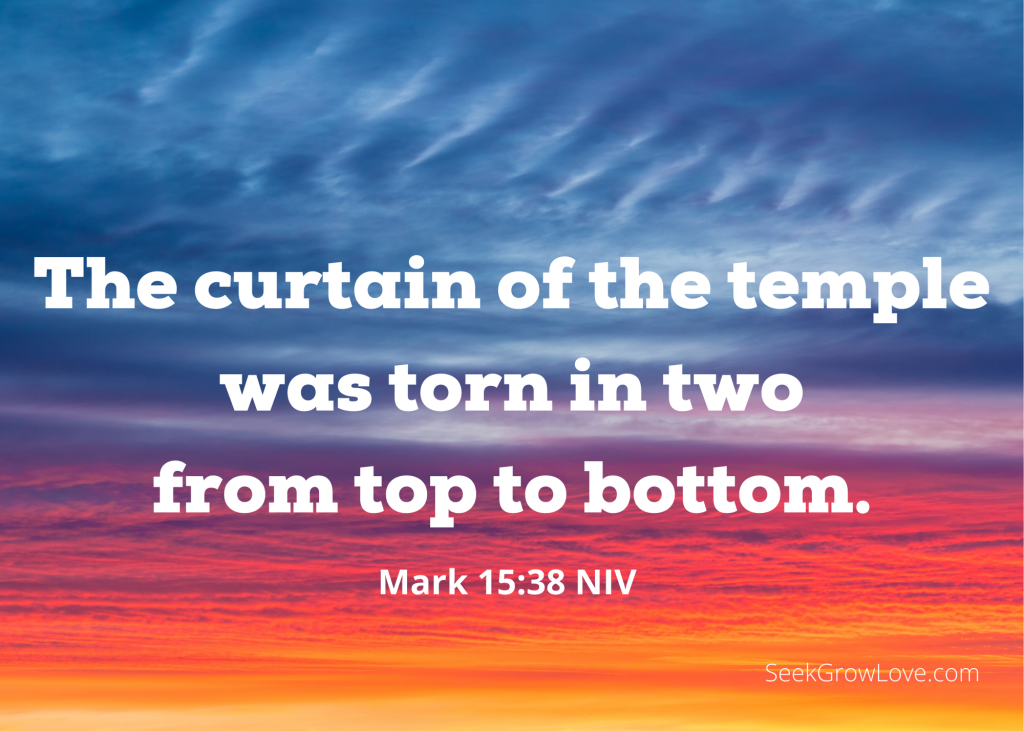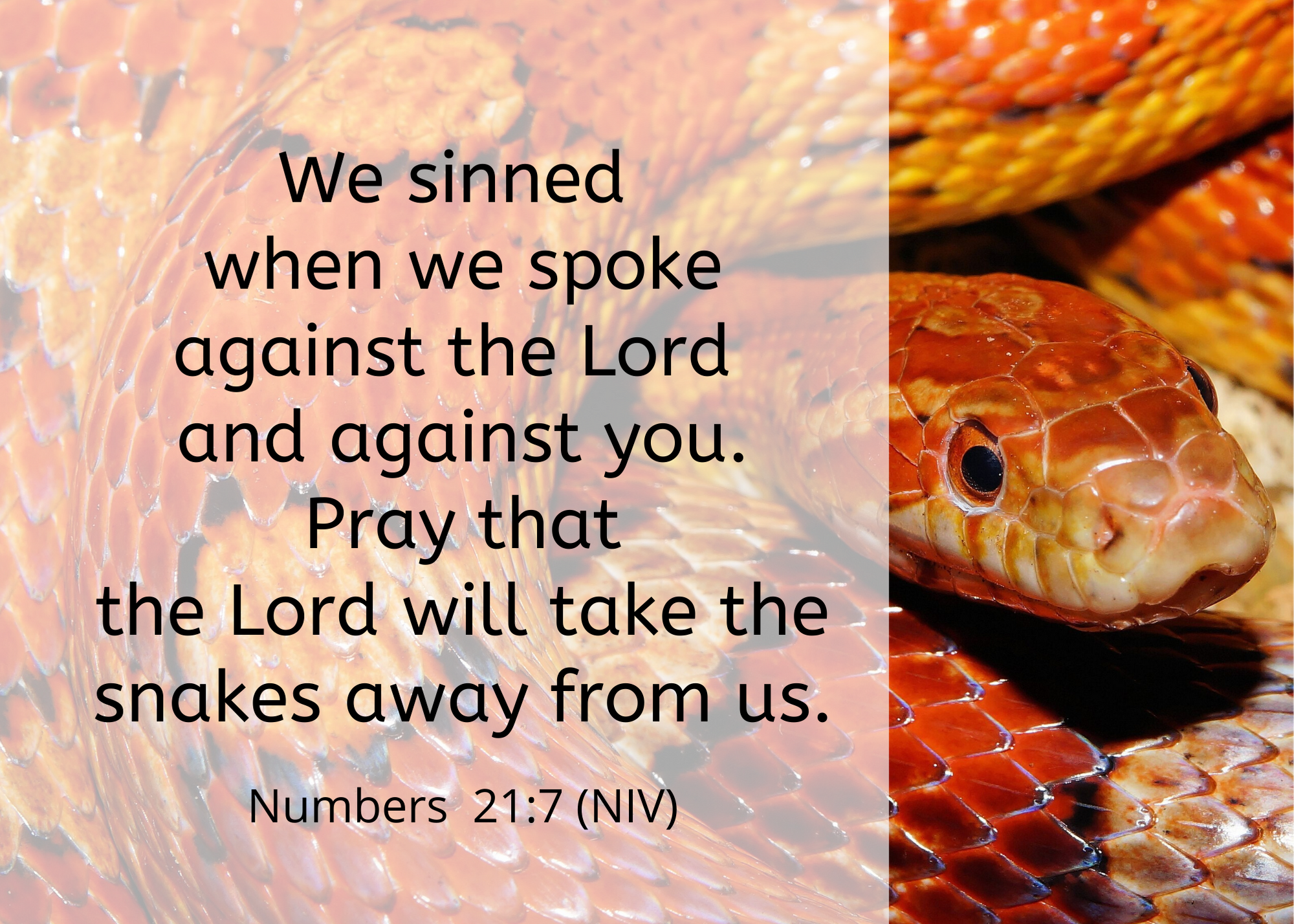
Old Testament: Haggai 1-2
Poetry: Psalm 141
New Testament: Matthew 27
Yesterday’s devotion was written to those with a strong faith. Today’s devotion is written for everybody else. Perhaps, some of you are a bit wobbly in your faith and have drifted away from God. Some of you may not have decided yet to live for God instead of yourself. I suppose it is possible some of you have no interest in becoming a Christian, but I am guessing most of those folks wouldn’t be reading this. In Matthew 27, we read about the crucifixion of Jesus on the cross and the crazy events that happened right after he died.
Strangely enough, it was the religious leaders that schemed to find Jesus guilty so they could put him to death. It’s not easy finding someone guilty when they never have done anything wrong in their life, but they managed to concoct a way to make it happen. They believed in the Old Testament scriptures, but somehow ignored the many writings about a messiah that would be coming. They also saw miracles, or at the very least heard about them from many others. All the signs were there for them to easily accept the fact that Jesus was indeed God’s son, but they chose not to believe.
In verse 50, Jesus cried out and then died. At that moment, the curtain of the temple was torn in two, the earth shook, rocks split, and the tombs broke open. Here is the craziest part of all: bodies of holy people who had died were raised to life and started walking around town where many people saw them. Can you imagine what that scene must have been like? I’m sure there were people flipping out all over the place, including those who had put Jesus to death. In verse 54, the centurion and those with him who were guarding Jesus saw the earthquake and all that had happened. It says they were terrified and exclaimed, “Surely he was the Son of God!” Oops. Just minutes after they had crucified Jesus, they realized they had made a big mistake, but there was no going back at that point. There was no do-over; they were clearly warned, but they chose to not believe. I’m sure they felt terrible about their decision.
So, what does any of this have to do with you? Well, you have a decision to make as well. You must decide if you are going to live for God or live for yourself. It’s a big decision so don’t take it lightly. You can choose to ignore the signs if you would like, the same way the religious leaders ignored the signs 2,000 years ago. Look at the incredible masterpiece called creation and try to justify that it happened completely randomly. Read the Bible and try to convince yourself that all the ways the Bible has been proven to be accurate are just a coincidence.
Maybe you actually do believe in God, but you are putting off the decision until later. Risky, risky. You may die today, losing your chance. Moreover, Jesus says he is going to come back like a thief in the night, meaning a lot of people are going to be surprised when that day happens. In fact, on that day, I think the most said word of that day will be ‘Oops’. A lot of people are going to regret they blew their chance. Don’t let that be you.
Reflection Questions:
If you are not saved, what is holding you back from making that decision?
If you find yourself on the outside looking in after Christ returns, what thoughts will be going through your head at that point?
-Rick McClain





